What is Tecentriq (atezolizumab) for?
Tecentriq (atezolizumab) is a programmed death-ligand 1 (PD-L1) blocking antibody indicated for the treatment of patients with:
- locally advanced or metastatic urothelial carcinoma who have either; disease progression during or following platinum-containing chemotherapy, or within 12 months of neoadjuvant or adjuvant treatment with platinum-containing chemotherapy or are not eligible for cisplatin chemotherapy
- metastatic non-small cell lung cancer (NSCLC) whose disease progressed during or following platinum-containing chemotherapy.
- plus nab-paclitaxel (chemotherapy) for unresectable locally advanced or metastatic triple-negative breast cancer (TNBC) whose tumours have PD-L1 expressioN.
How does Tecentriq (atezolizumab) work?
Tecentriq (atezolizumab) belongs to a class of immunotherapy drugs known as checkpoint inhibitors.
The drug prevents a protein called PD-L1 that is found on some tumour cells from binding to another protein, PD-1, on immune cells. The binding of these “checkpoint” proteins suppresses the immune response. Tecentriq (atezolizumab) is a monoclonal antibody that binds to PD-L1 and blocks its interactions with both PD-1 and B7.1 receptors. By blocking this interaction, checkpoint inhibitors “release the brakes” on the immune system, allowing immune cells to attack tumours.
Is Tecentriq (atezolizumab) approved?
Tecentriq (atezolizumab) was approved by:
- Food and Drugs Administration (FDA) (USA)
- on May 18, 2016, for locally advanced or metastatic urothelial carcinoma, with disease progression on or after prior chemotherapy. On April 17, 2017, the FDA extended the approval to the use of Tecentriq (atezolizumab) as front-line treatment for advanced or metastatic urothelial carcinoma in patients who are not eligible for cisplatin chemotherapy.
- on October 18, 2016, for metastatic non-small cell lung cancer (NSCLC).
- Health Canada on April 12, 2017
- for locally advanced or metastatic urothelial carcinoma, with disease progression on or after prior chemotherapy.
- for the first-line treatment of adult patients with extensive-stage small cell lung cancer (ES-SCLC) in combination with carboplatin and etoposide.
- for the first-line treatment of adult patients with metastatic non-squamous non-small cell lung cancer (NSCLC) in combination with bevacizumab, paclitaxel and carboplatin.
- for adult patients with locally advanced or metastatic NSCLC with progression on or after platinum-based chemotherapy.
- Therapeutic Goods Administration (TGA) (AUS)
- on July 27, 2017, for metastatic non-small cell lung cancer (NSCLC).
- European Medicines Agency (EMA) (EU)
- on September 22, 2017, for locally advanced or metastatic non-small cell cancer (NSCLC) and metastatic urothelial carcinoma (mUC) on patients who have been previously treated with a platinum-based chemotherapy and as front-line treatment for advanced or metastatic urothelial carcinoma in patients who are not eligible for cisplatin chemotherapy.
- on August 29, 2019, in combination with nab-paclitaxel for advanced TNBC in patients who have not been previously treated with chemotherapy for metastatic disease.
- Medsafe on February 14, 2019
- for first-line treatment of patients with metastatic non-squamous NSCLC who do not have tumour EGFR or ALK genomic aberrations.
- for the treatment of adult patients with locally advanced or metastatic non-small cell lung cancer (NSCLC) after prior chemotherapy.
- for the first-line treatment of patients with metastatic non-squamous non-small cell lung cancer (NSCLC).
- for the treatment of adult patients with locally advanced or metastatic urothelial carcinoma.
How do I take Tecentriq (atezolizumab)?
Complete information about Tecentriq (atezolizumab) dosage and administration can be found in the references section.
The recommended therapy consists of:
- 1200 mg as an intravenous infusion over 60 minutes every 3 weeks.
- Dilute prior to intravenous infusion.

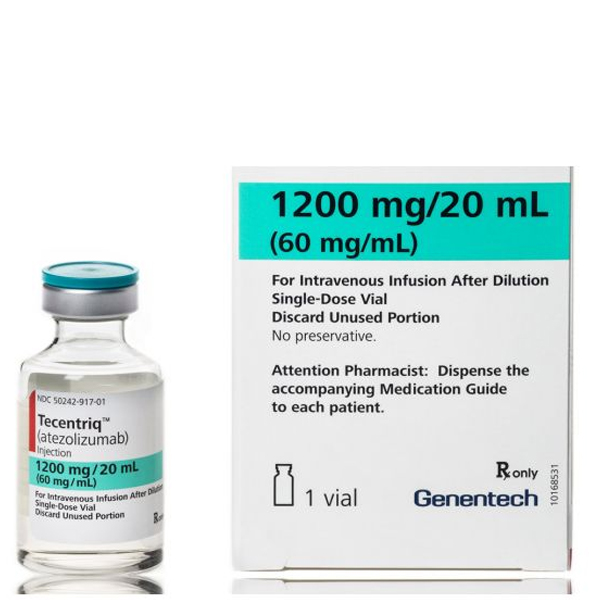
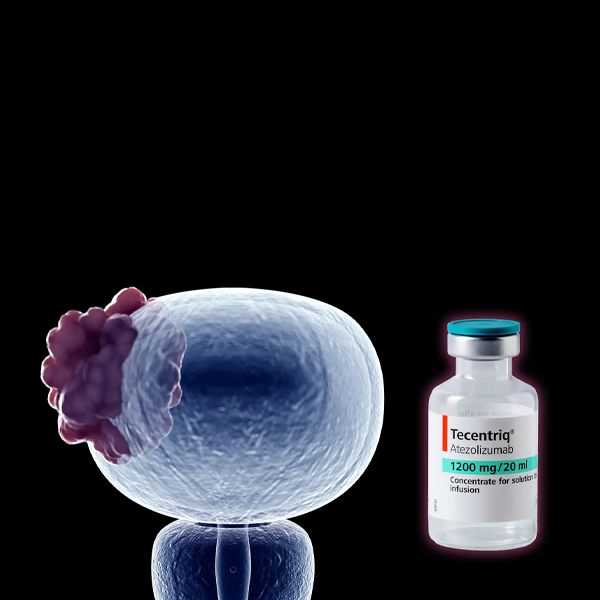
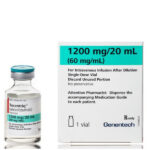
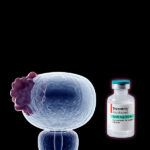
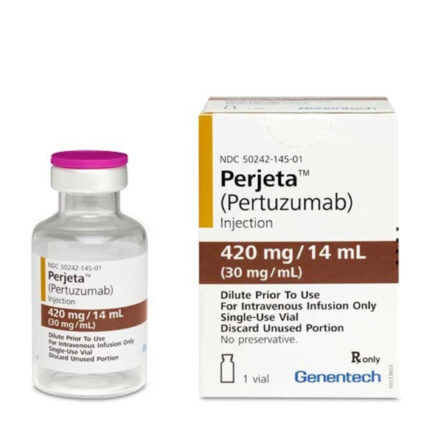
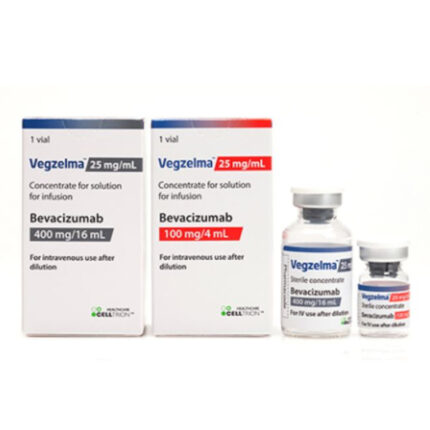

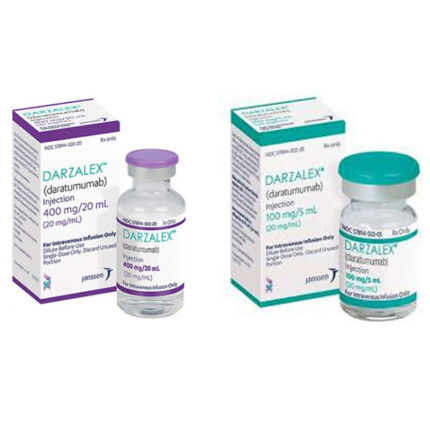
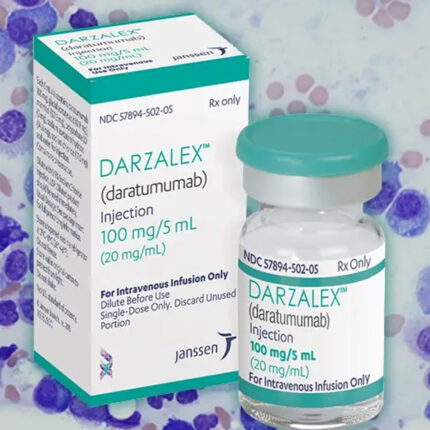
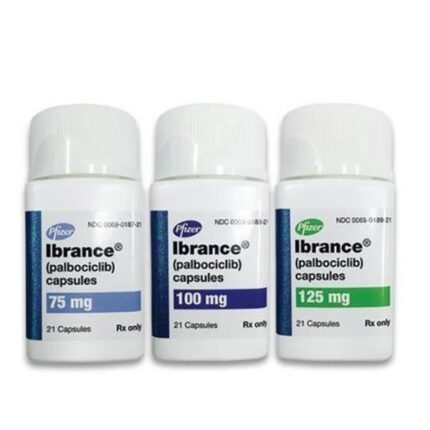
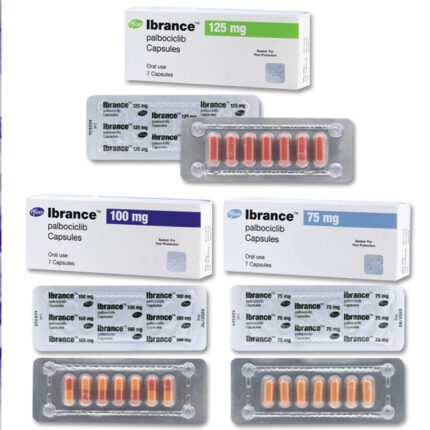
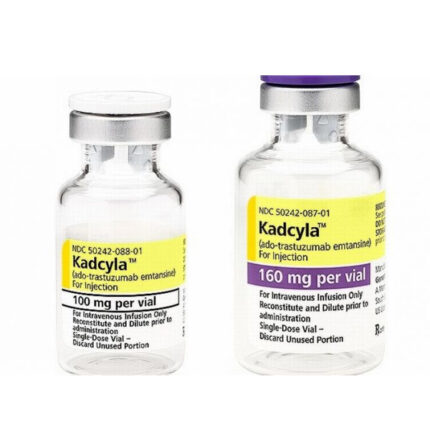
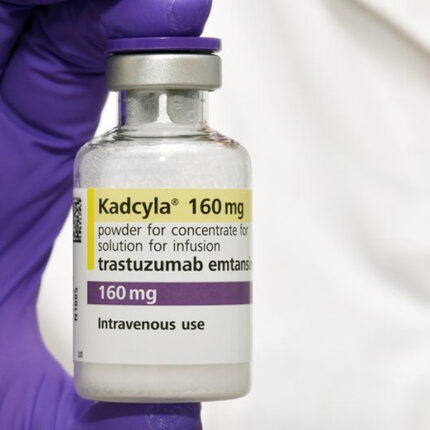
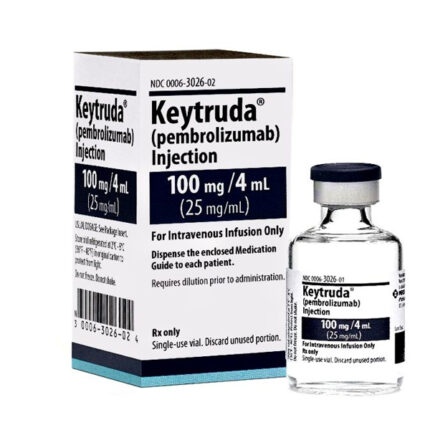
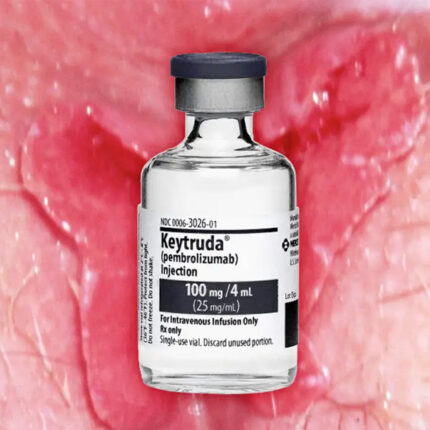
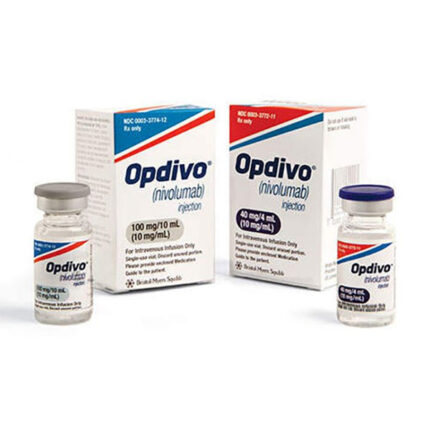
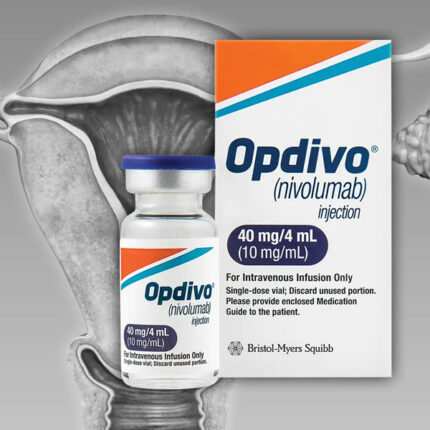
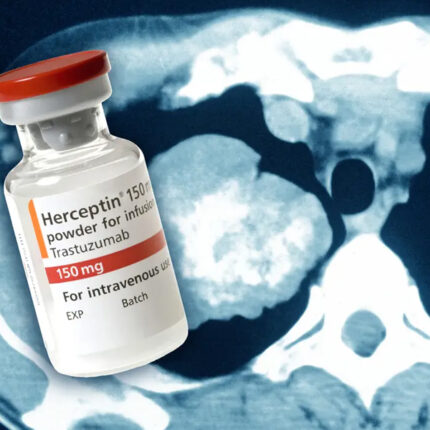
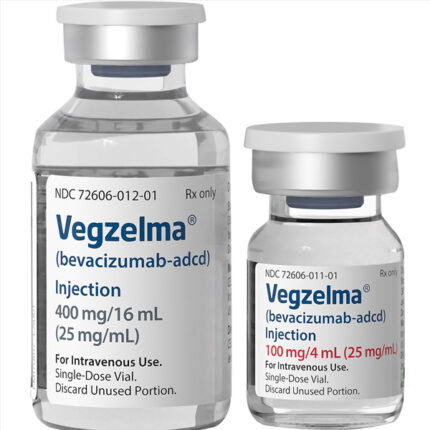
Reviews
There are no reviews yet.